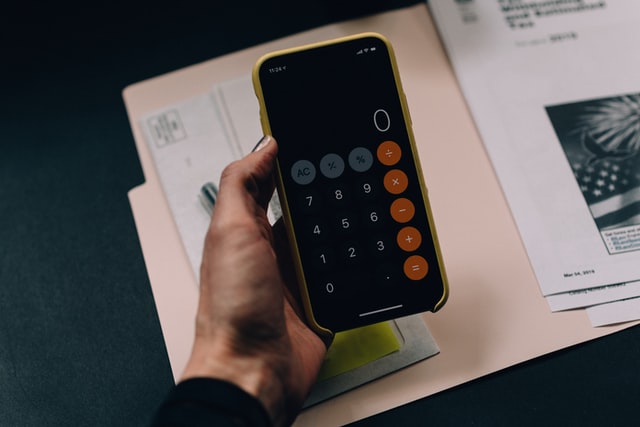
Maintaining financial management is frequently easier said than achieved. This is particularly true now, as firms seek to recover from the worldwide pandemic and realign company goals to a new working style.
Remote working has rendered project budget management even more difficult for project managers. Tracking staff spending and maintaining control of expenditure visibility is becoming increasingly difficult, and staying within budget is nearly impossible without the correct processes and tools in place.
However, budget management does not have to be as complex. Here are six ways to help you manage your budgets effectively.
1. Check and Change Your Budget Regularly
Keeping track of your budget is undoubtedly the most crucial aspect of project budget management. Project managers can learn from the pandemic that change is always lurking around the corner, and being adaptable to that change is crucial to success. The only way of achieving this is to change, revise, and examine your project’s budget regularly to stay on track. The only logical option without this ongoing effort is chaos and instability, overspending, and ultimately project failure.
2. Maintain Your Project’s Goals
Every project has the potential for some unforeseen work to creep into the schedule. This ‘scope creep’ can cause a significant shift in emphasis for your project, failing both your project budget and the project itself. To prevent this from happening, it’s vital to remind staff members of your project’s initial goals regularly.
Un-scoped work, in the end, costs billable hours. It may also necessitate the acquisition of outside expertise, tools, or other resources. Overspending is usually inevitable if you haven’t budgeted for it. Of course, factoring in unforeseen changes is vital to every project you manage. If you consider this while budgeting, you will be able to stay open and adaptable to change without the worry of project failure.
3. Keep Track of Resource Use
Labor will be one of the most expensive aspects of any project. Technology and tools will also take a big chunk of your budget.
Successful project management depends on continually managing your resources, just as it depends on consistently tracking your budget. Regularly check the number of employees working on the project and re-strategize if you’re over budget. The same is applicable to your technology stack.
Taking the time to assess your project resources can ensure that you are making the most use of them. It will also assist you in determining whether you require additional resources to accomplish your project effectively.
4. Automate Budget Management
Many project managers spend a significant amount of time monitoring progress, maintaining projections, and revising budgets when team members submit expenditure requests.
This reactive strategy to project budgeting can influence whether a project succeeds or fails. It not only takes time away from other critical aspects of your project (such as assisting team members in staying on track), but it also forces you to manage your finances reactively instead of proactively.
Working reactively with your budget might be counterproductive. After all, knowing the real-time status of your budget allows you to make smart change management actions and effectively navigate the route to project completion.
To achieve this, automate your budget management with a CRM project management software. This way, team members should be able to easily complete expenditure reports as soon as they purchase something, for instance. You should also be able to see how much money is remaining in your project’s budget in real-time without needing to combine receipts.
5. Involve All Stakeholders
To achieve your goals, collaboration is key. This is true for both your project and its budget. It is critical to include your complete team in order to stay within your budget. This will aid in developing a mindful and healthy spending culture in which every staff member actively examines the project’s budget before making a purchase. If everybody is involved in the project budgeting process, you can prevent rogue spending, promote accountability, and guarantee that wasteful costs are reduced.
6. Implement Project Accounting Standards
Project accounting, as opposed to standard accounting, assesses the financial success of individual projects. It necessitates the collection of critical data during a project, like time and expense details. Project accounting delivers real-time data, allowing you to gain the fiscal insights you want to succeed. In many circumstances, making modest decisions at critical points can significantly influence remaining within your project’s budget.
As a project manager, you know that projects aren’t static. Instead, they are continually changing form and can alter at any time. Your project’s budget might expand over time as it progresses. And monitoring your budget is critical to your project’s success.


